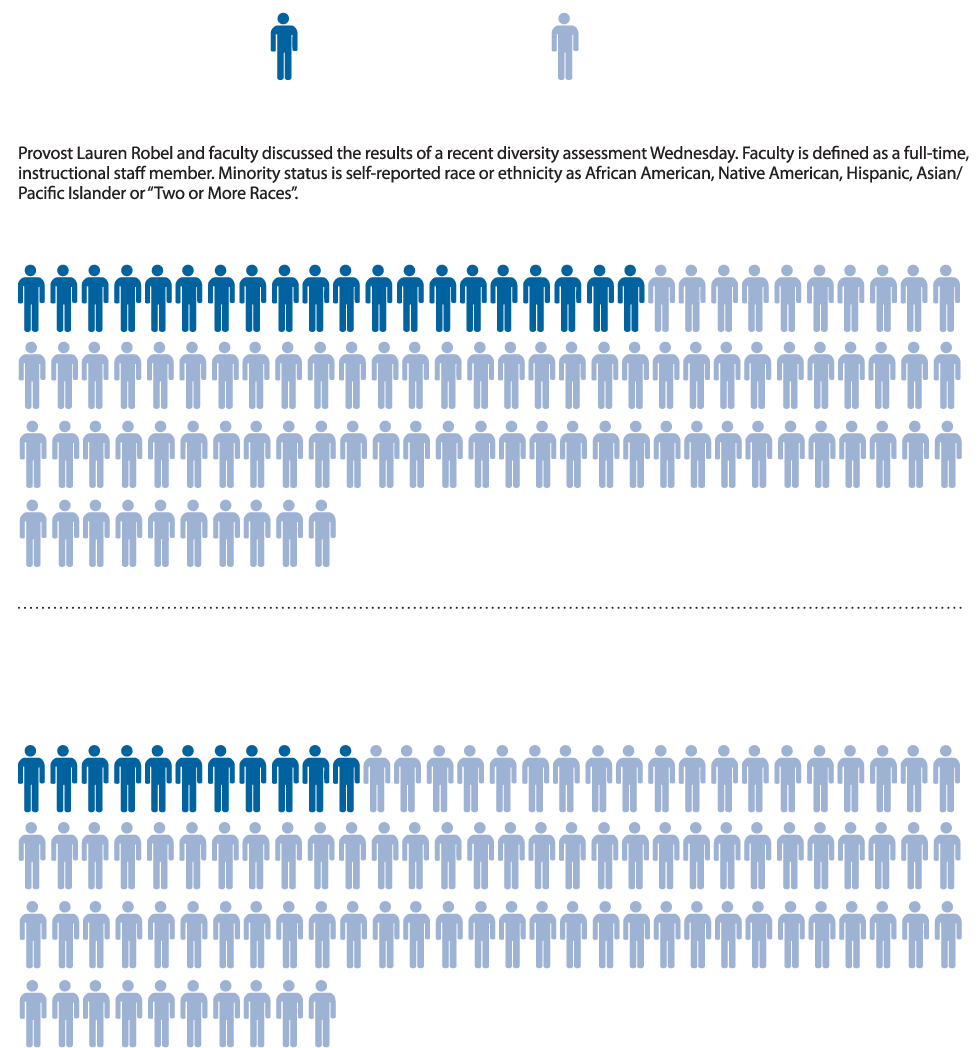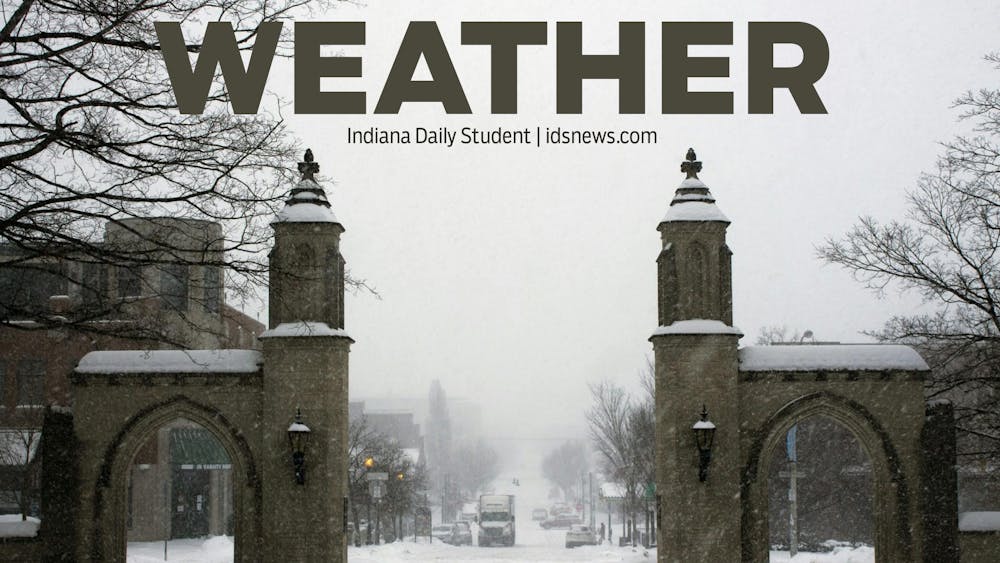Provost Lauren Robel initiated a series of open discussions about race and policing as a concrete step toward making the campus a safer, more inclusive environment.
After making promises to work toward inclusion, analyzing the findings of University diversity assessments and listening to the concerns of faculty and students, Robel said she hopes her panel series enlightens participants.
“The Halualani assessments, which told the University about its strengths and weaknesses in diversity, have outlined our campus’s commitments,” Robel said. “I am confident that this series about national issues that bring the most heat will shed some light.”
The University hired Halualani & Associates, a leading research and consulting organization, to conduct a diversity mapping project of the campus. Findings of the surveys assigned IU as an institution that has put effort into diversity and inclusion, although it has significant work to do before achieving high levels of equality and understanding.
Robel said this discussion was a necessary step to improve race relations and talk about issues in a forward-thinking manner.
The panel, moderated by Sandra Shapshay, director of the Political and Civic Engagement Program, and law professor Kevin Brown, discussed the Black Lives Matter movement. lt also addressed the police department’s recent actions and responses.
.g-artboard { margin:0 auto; }

WHITE
MINORITY
STAFF MEMBER
STAFF MEMBER
IUB FACULTY
SOURCE
IU INSTITUTIONAL RESEARCH AND REPORTING 2014
IU POLICE DEPARTMENT
Panelists discussed the steps that need to be taken to ensure justice in policing, within IUPD and police departments nationwide.
SOURCE
ASSURANCE COMMUNICATION MANAGER TRACY JAMES
“It’s a good thing that the police chiefs made time to come this evening, as well as several administrative members,” Robel said. “We have worked hard to successfully demonstrate a level of engagement with these issues, which is important for our community in Bloomington.”
Robel said the administration takes instances of racial injustice and student concerns seriously. She said the Office of the Provost has taken several measures to respond to reports of racially motivated incidents.
“We have made certain that if there is a racial issue, reporting it to the campus and police will give you a good response,” Robel said.
Robel said BPD Chief Michael Diekhoff meets individually with each hate crime victim in Bloomington.
In addition, IUPD Chief Laury Flint works closely with several departments within IU, such as the Dean of Students Office and Counseling and Psychological Services. In her weekly collaborations, she is informed on the incidents that have not been reported to the police.
After receiving specifics from the University, the police departments are able to redirect their current investigations and plan for future initiatives to improve relations with the students.
“If students feel like they have a suggestion in response to racial or political unrest, they should feel free to reach out to the police, or the Dean of Students Office to get the right people to the table,” said Catherine Dyar, chief of staff of the Provost’s office. “You can have discussions with the administration, if you have something you need to say.”
Robel said the Provost’s office has had ongoing diversity, inclusion and retention efforts for years. She said the large quantities of data made recently available to the University have made their objectives clearer and more action-oriented.
“We can use these discussions to break down the social segregation that exists in our campus and beyond,” Robel said. “This is the first of many talks, but I am confident that our campus will move forward.”





